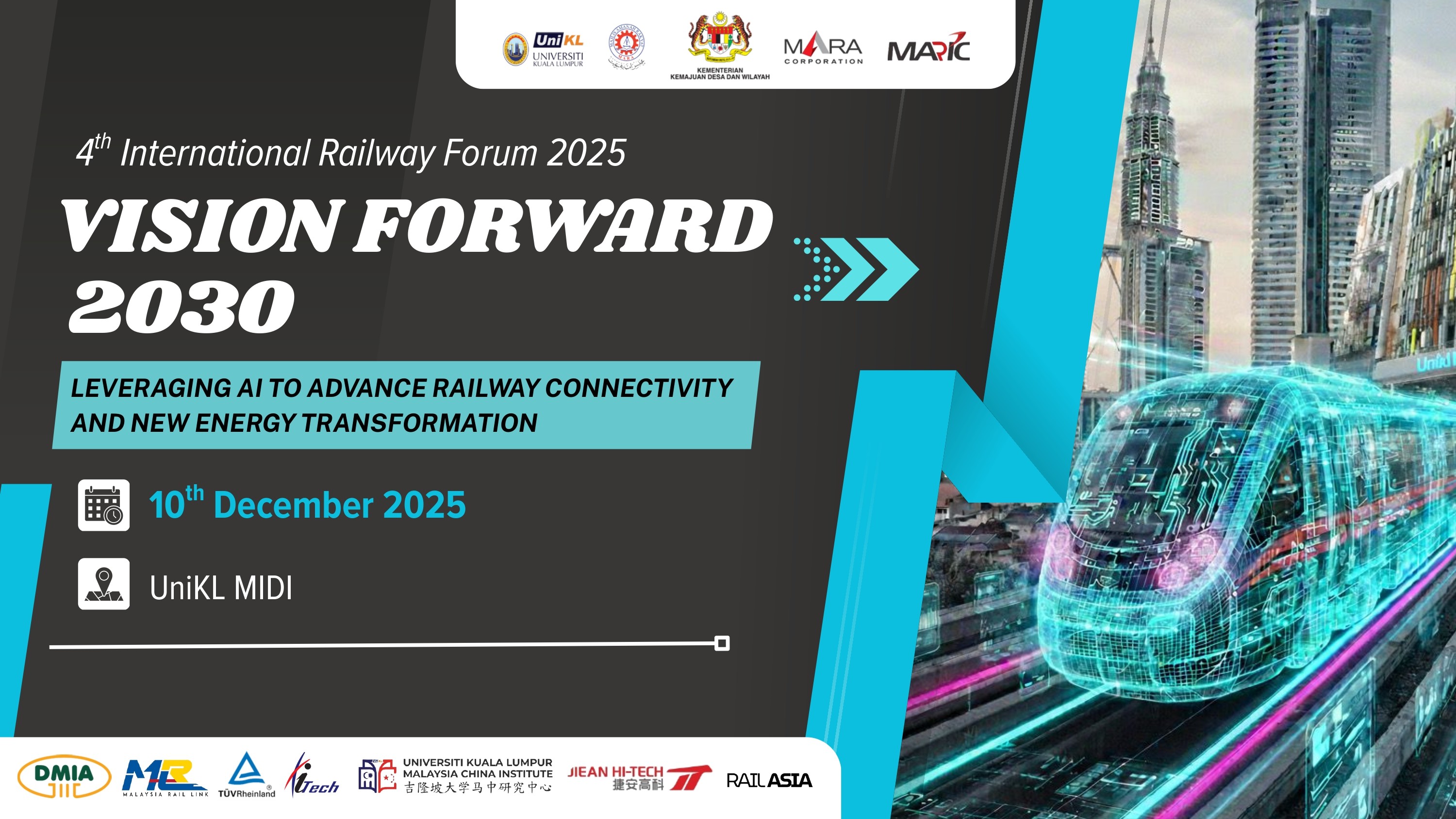Jul 29, 2025
Turkey Eyes Rail Project to Offset Pipeline Losses
Turkey is positioning itself as a regional trade and transit hub through a high-stakes rail and pipeline initiative with Iraq, dubbed the "Development Road" project. The initiative is expected to bolster Turkey's economy by creating new trade routes and potentially compensating for revenue lost from the suspended Kirkuk-Ceyhan oil pipeline.
According to Hamza Al-Jawahiri, a member of Iraq's Economists Network, the project presents a vital opportunity for Ankara to secure increased investment and commercial activity, especially as Turkey seeks to enhance its regional role amid shifting geopolitical alliances.
The Development Road project—spearheaded by the Iraqi government and strongly backed by Turkey—includes plans for a new pipeline extending from Iraq's oil-rich southern city of Basra to the Turkish border town of Silopi, bypassing the Kurdistan region. Before entering Turkey, goods, crude oil, and natural gas will travel north through Haditha in Iraq's Al-Anbar province.
President Recep Tayyip Erdoğan has publicly framed the project as a pivotal move to transform Turkey into a major logistics bridge between the Arabian Gulf and European markets. The Turkish government believes this realignment could revitalise its economy and infrastructure capabilities.
In April 2024, Turkish Minister of Transport and Infrastructure Abdulkadir Uraloğlu stated that the Development Road could increase Turkey's trade volume with Arab nations from $20 billion to $40 billion annually. Meanwhile, Iraq's Ministry of Transport estimates the project could generate at least $4 billion per year for stakeholders, not including additional income expected from over 20 economic and industrial zones planned along the corridor.
The rail and logistics corridor represents a strategic pivot after tensions over the Kirkuk-Ceyhan pipeline, which had previously been Turkey's primary route for importing Iraqi oil. As reported by Eco-Iraq, a Baghdad-based policy think tank, Turkey had proposed a tariff increase from $1.50 to $2.50 per barrel. However, security concerns—particularly drone attacks on pipeline infrastructure—prompted Ankara to halt the operation, accelerating its interest in alternative transit channels like the Development Road.
Analysts suggest the project could reshape regional connectivity and trade dynamics across the Middle East, integrating Iraq's logistics infrastructure with Turkey's ports and transport hubs. It also aligns with Ankara's broader strategy to diversify its energy and cargo routes in light of regional instability and shifting alliances.
While the project has garnered high-level political backing, its success will depend on sustained security, multilateral cooperation, and infrastructure investment across the 1,200-kilometre corridor.
Related Post
Latest Post
Subscribe Us
Get Subscribe To Our Latest News & Update













